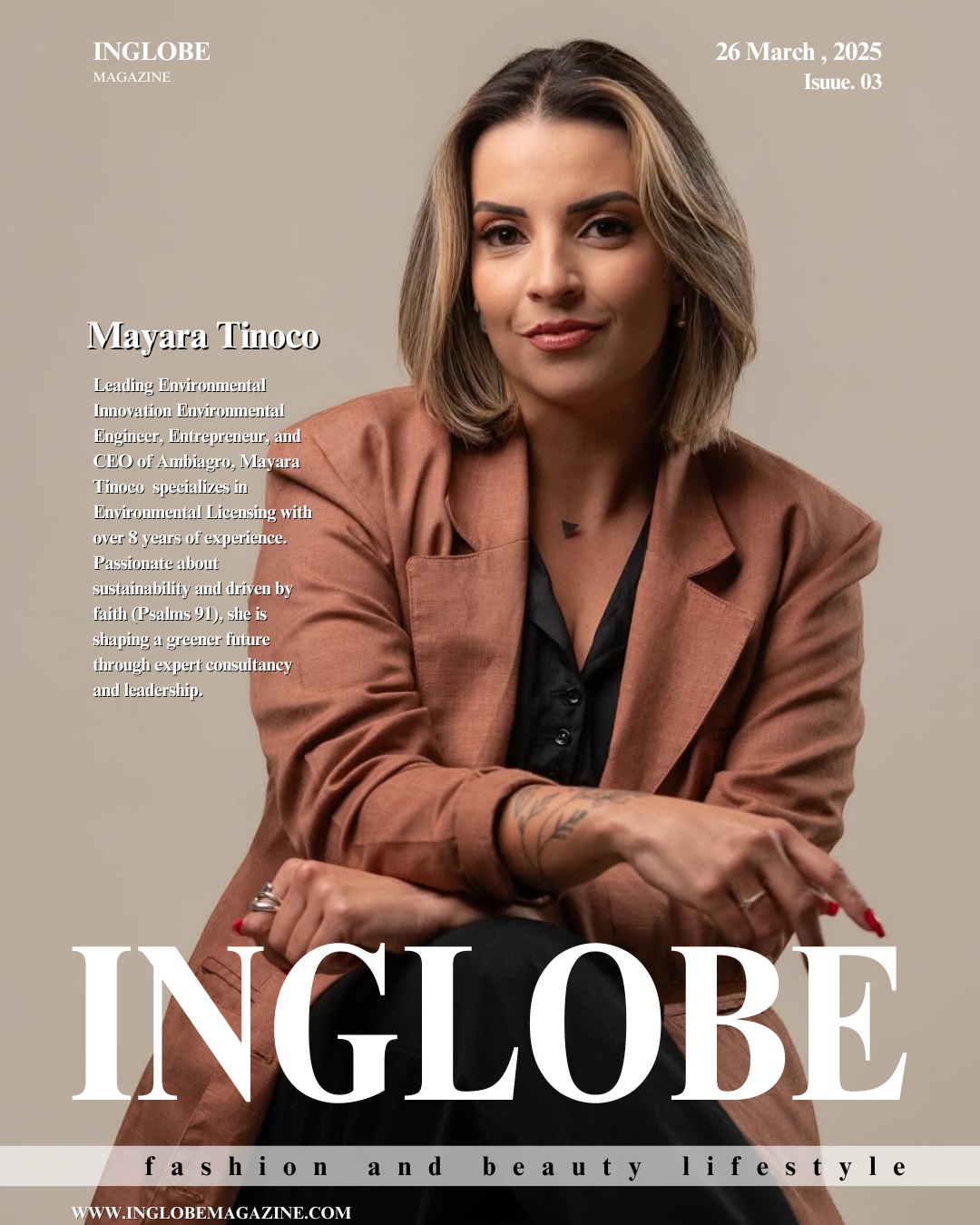Judge Tosses Authors’ Copyright Lawsuit Against Meta Over AI Training

“Wrong arguments.” That’s the reason Meta just dodged a major copyright challenge.
In yet another twist in the high-stakes battle between Big Tech and creative rights, a federal judge has dismissed a lawsuit brought by 13 prominent authors — including Sarah Silverman, Ta-Nehisi Coates, and Jacqueline Woodson — who accused Meta of illegally using their copyrighted works to train its generative AI model, Llama.
The ruling, delivered Wednesday by U.S. District Judge Vince Chhabria in San Francisco, marks the second legal win in a week for AI giants navigating the murky legal territory of content training and copyright law.
“The Wrong Arguments”
In a sharply worded decision, Judge Chhabria made clear: the authors didn’t lose because their claims were meritless — they just argued them the wrong way.
“This ruling does not stand for the proposition that Meta’s use of copyrighted materials to train its language models is lawful,” he wrote. “It stands only for the proposition that these plaintiffs made the wrong arguments and failed to develop a record in support of the right one.”
In short: Meta walks away — for now — not because they proved innocence, but because the plaintiffs failed to make their case effectively.
The Larger Battle Over Books and Bots
The plaintiffs claimed Meta pulled their books from pirated online repositories — known as “shadow libraries” — to train Llama, the company’s AI chatbot. According to their lawyers, Meta could and should have licensed those books legally.
“Meta knew taking copyrighted works from pirated databases could expose the company to enormous risk,” the authors argued, revealing that the matter had escalated all the way to CEO Mark Zuckerberg for approval.
But Meta countered that U.S. copyright law allows “transformative” use, and that Llama doesn’t reproduce the original books, even when prompted. “No one can use Llama to read Sarah Silverman’s description of her childhood,” Meta’s attorneys wrote, emphasizing that the AI doesn’t substitute for the original works.
Further, they argued there’s no evidence Llama has caused market harm to any of the books in question. “After nearly two years of litigation, there still is no evidence that anyone has ever used Llama as a substitute for reading Plaintiffs’ books,” their filing stated.
AI, Fair Use, and a Legal Gray Area
Earlier this week, another San Francisco judge, William Alsup, ruled in a separate case that AI startup Anthropic didn’t violate copyright law by training on millions of books. He called the AI’s use of those works “quintessentially transformative,” falling under fair use.
But Judge Chhabria openly criticized that reasoning, warning that Alsup “brushed aside concerns about the harm [AI training] can inflict on the market.” In Chhabria’s view, there’s still a case to be made about potential economic damage to authors — just not by these plaintiffs, in this case.
What Happens Now?
For now, the 13 authors — including Richard Kadrey, Andrew Sean Greer, Junot Diaz, and Laura Lippman — are out of legal recourse in this suit. Some had asked the court to rule immediately on the copyright claim, rather than proceeding to a jury trial.
Chhabria said his hands were tied, legally: “In the grand scheme of things, the consequences of this ruling are limited. This is not a class action, so the ruling only affects the rights of these 13 authors — not the countless others whose works Meta used to train its models.”
Translation: Meta scored a legal win — but this battle is far from over.
Other lawsuits against AI companies remain active, including ongoing scrutiny of how these tech giants collect and process massive datasets from across the internet. As creators, courts, and corporations wrestle with what’s “fair” in the AI age, one thing is clear: the rules for authorship, ownership, and originality are being rewritten in real time.








